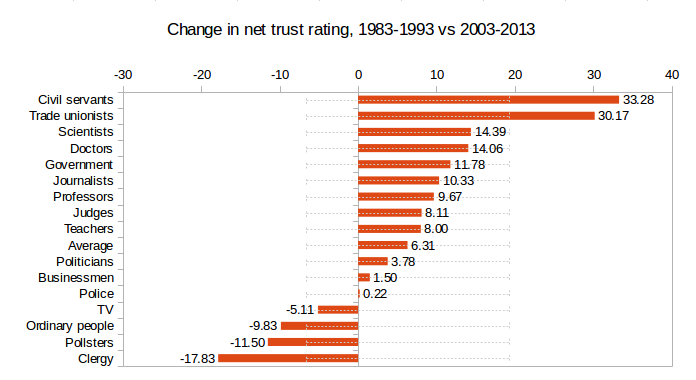‘Tax inversion’ mergers are an increasingly-popular way for multinationals to dodge their tax bills, by arranging to be taken over by a corporation in a lower-tax jurisdiction. Fruit of the Loom, for example, used this dodge to move to the Cayman Islands back in 1998.
In the current wave, a string of companies are queuing up to move to Ireland through tax inversions, with pharmaceutical companies being the largest among them. Here the FT looks at a current example, Abbvie (US) planning to merge with Shire (UK/Ireland)
Reading the FT’s commentary makes it painfully clear that there is little business logic to a deal like this, beyond the massive extra profits to be had from dodging tax. And despite the political unpopularity, the IRS hasn’t yet found a way to crack down on them.
All this makes me look at the tech sector in a new light. Companies like Google, Apple and Microsoft are hoarding huge piles of cash in their non-US subsidiaries. They’ll be liable for a massive tax bill once they bring it back to the US — which they will need in order to pay it out as shareholder dividends.
The general assumption is that they are waiting for some kind of tax break — if not a permanent change in the law, at least a one-off amnesty which will let them bring the money home. I’m now wondering, though, whether some of them are also contemplating a tax inversion. Move out of the US, then finally claim your profits and pay out dividends at a lower tax rate. This analysis suggests it’s likely, but has found no tech companies even hinting that they are contemplating it.
